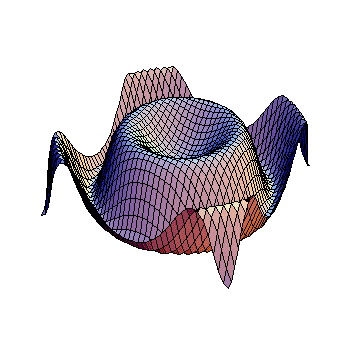What do nucleotides/nucleic acids do?
2 Answers
Nucleotides are present in the DNA and nucleic acids are necessary for storing genetic information.
Explanation:
Each single DNA strand is composed of repeating nucleotides which are made of three components:phosphate group,ribose sugar(Pentose)arranged lengthwise and a nitrogenous base. The nitrogenous bases of 2 nucleotides join together to form a ladder like arrangement. This kind of arrangement forms a whole DNA strand.
There are two main types of nucleic acids in the body - DNA and RNA.Both are responsible for storing and copying genetic information
Nucleic acids, and DNA in particular are key macromolecules responsible for the continuity of life.
Explanation:
Nucleic acids are the most important of all biomolecules. They are found in abundance in all living things, where they create and encode and then store information in the nucleus of every living organism on Earth. The encoded information is contained and conveyed via the nucleic acid sequence.
Nucleic acids are molecules that allow organisms to transfer information from one generation to the next.
DNA bears the heredity information that is passed on from parents to children providing instructions for how and when to make the many proteins needed to build and maintain functioning cells, tissues and organisms.
RNA molecules direct the assembly of proteins on ribosomes. These polymeric molecules are essential in various roles in coding, decoding, regulation and expression of genes. Some RNA molecules play an essential role within cells by catalysing biological reactions, controlling gene expression, or sensing and communicating responses to cellular signals.


